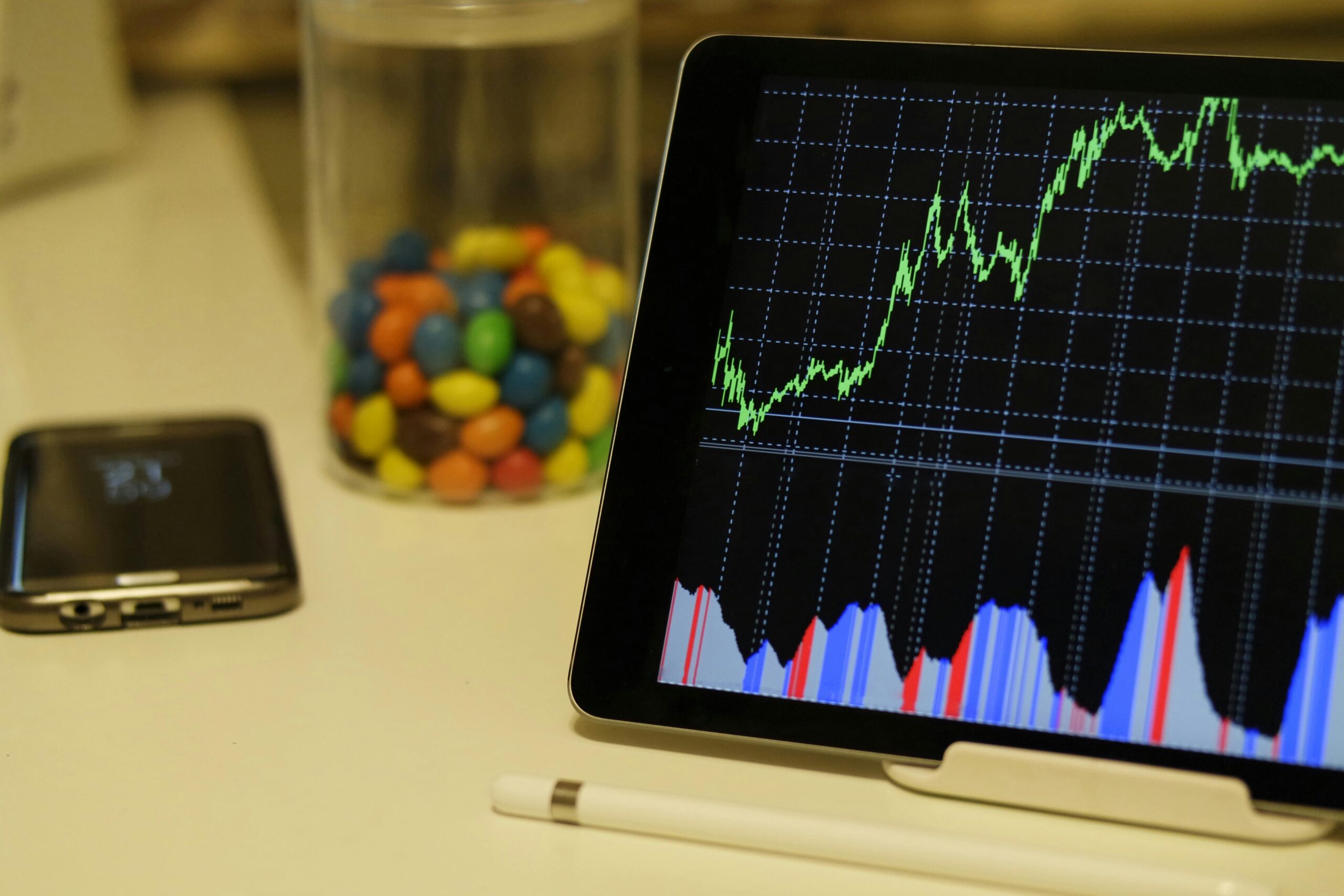
More than one-fifth of Americans wear a smartwatch or fitness tracker, creating a market that could reach $256 billion by 2026. In addition to collecting and analyzing more data, wearable devices are becoming smaller and less intrusive to everyday life than ever. For instance, Oura monitors heart rate variability within the footprint of a ring.
At the same time, artificial intelligence plays a growing role in healthcare. For example, Google’s DeepMind outperformed 100 other teams in a biennial protein-structure prediction challenge. The breakthrough could vastly accelerate efforts to understand the building blocks of cells and enable quicker and more advanced drug discovery.
GBT Technologies Inc. (OTC: GTCH) is quietly developing a suite of intellectual property around artificial intelligence and microcircuitry, with an increasing focus on healthcare technologies. In particular, the company is developing what could become the successor to wearable devices, powered by cutting-edge artificial intelligence.
Hippocrates Could Reshape Telehealth
GBT Technologies’ Hippocrates is the healthcare-focused arm of its Avant! AI engine. Taking a deep learning approach, the company trained the model on high-quality CDC and NHI datasets along with information from medical textbooks. The result is a knowledgeable AI capable of providing real-time support to users and the medical community.
The company aims to develop a first-line solution for individuals to obtain medical advice. For example, if a user indicates they have a migraine or stomach ache, the AI will initiate a dialog to discuss the problem and attempt a diagnosis. It also incorporates any health data and history to improve accuracy when making predictions.
Despite its advanced capabilities, the company cautions that the technology isn’t designed to replace medical professionals. Rather, the company hopes to incorporate the system into existing medical practices, enabling people to solve common problems while referring larger problems to medical professionals for further diagnosis.
qTerm Redefines What Wearables Mean
GBT Technologies’ qTerm is a personal health device that measures temperature, heart rate, and oxygen with the touch of a finger, making it far less intrusive than wearables. Rather than wearing a device throughout the day, users can simply touch their fingers to a sensor that takes instant readings to assess overall health.
Watch Dr. Danny Rittman explain the qTerm device
In addition to its proprietary sensors, the technology interfaces with the Hippocrates system to provide actionable advice to users, incorporating their qTerm data and Hippocrates’ knowledgebase. The app also provides alerts in the case of abnormal results, reminders about upcoming medical appointments, and even medical monitoring capabilities.
In the future, the company plans to add more hardware features and deeper integrations with Hippocrates. The team believes that the technology could be especially helpful in remote areas with limited medical resources, enabling users to send relevant data to physicians when conducting telehealth visits.
Apollo Aims to Make Monitoring Passive
GBT Technologies’ Apollo project remains early-stage but could be the most revolutionary of its products. By analyzing the reflection of radio waves, the technology can detect falls, heart rate, breathing rhythm, and other vitals without having to wear anything. It’s simply a box that sits in the corner of the room, providing passive health monitoring.
Dr. Danny Rittman explains the Apollo device
Looking Ahead
GBT Technologies Inc. (OTC: GTCH) may not be the best-known company in the healthcare technology space, but its growing IP portfolio could set the stage for the AI and post-wearables revolutions. As a result, investors may want to keep an eye on the stock over the coming months as it finalizes its qTerm product and Hippocrates AI technology.
For more information, complete the form below and receive the company’s investor presentation.










